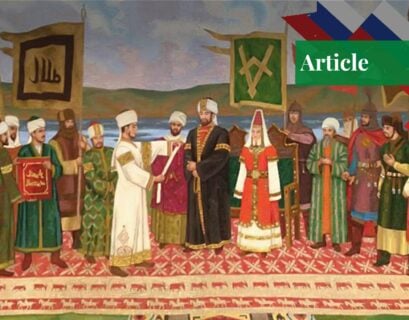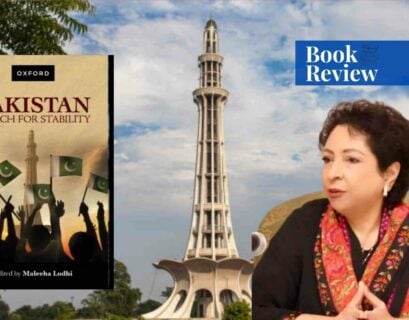Mr Hassan Ahmed has a degree in International Relations from the National University of Modern Languages, Islamabad. He won second prize in the ICYF writing competition 2021.
An Afghanistan Without War
“War Without Winners: Afghanistan’s Uncertain Transition After the Cold War” is authored by Rasul Baksh Rais, a professor of political science at LUMS. This book was first published in 1994, and he has since then written several books on the politics and society of Pakistan and Afghanistan. With the withdrawal of the US forces from Afghanistan and the rise of the Taliban to power yet again, many observers have attempted to reconsider various explanations of the situation in Afghanistan.
The underlying insight of this fairly old book is still relatively ignored or overlooked in most of such attempts. In this context, this classic needs to come to the fore with renewed relevance. War Without Winners explains why, even after decades of the publishing of this book, there are still no winners in Afghanistan. This book is the author’s attempt to trace the roots of the Afghan conflict inside Afghanistan.
The purpose of this work was to fill the gap left in numerous scholarly ventures that attempted to study the Afghan War deeply. Most of such works discussed the Afghan War through the lens of international politics, the Cold War, Soviet Studies, or through journalistic perspectives (situational analyses) while ignoring Afghanistan’s domestic factors and the state’s interaction with the events in the regional and international environment.
Domestic Lens
The central proposition of the author is that the origins of the Afghan War lie inside Afghanistan and not in Cold War politics, even though it provided an environment that acted as a catalyst for increasing the intensity and importance of the conflict on the world stage. War Without Winners can be described as a complete explanation of the Afghan war as it occurred up until 1993.
The author discusses all the factors that played a significant part in the development of the conflict. He begins the book with an analysis of Afghan social and political structures before the war before proceeding to discuss the specific people, the parties, their moves and actions, and the significant events till the end of the Soviet involvement. Finally, the author discusses the civil war after the Soviet withdrawal and how it ought to be managed.
Discussing each element profoundly, the author masterfully demonstrates how each factor, person, or event is linked to the progression of conflict. The first two chapters are analyses of the historical environment of Afghanistan, the events, their causes, their significance, and their implications for the evolving conflict.
Chapters 3 through 5 discuss the Soviet involvement in the Afghan War, its reasons and motivations; its actions and policies during the War from entry to exit; and the reasons and circumstances of its withdrawal. The next two chapters are a detailed study of the Marxist regime and the Afghan resistance, how they evolved during the conflict, and the people, the groups, and events that made their mark.
The eighth chapter explores contemporary developments and situations after the Soviet withdrawal. The ninth chapter discusses the positions of regional nations towards the Afghan conflict, their role in it, and what approach they are likely to take towards it in the future.
Afghans Will Save Their Country
The author concludes the book with personal views on the current situation and insights on what course should be adopted to bring the conflict to an end. While claiming that the conflict primarily had domestic roots, the author does not downplay the role of regional and international powers and the global political structures shaped by the Cold War environment. In fact, he specifies their role and significance in the conflict and explains how they interacted with domestic events.
War Without Winners is a scholarly product: research-driven, unbiased, objective, and detached from emotion and agenda. Its contents and conclusions have not lost any relevance as the conflict has continued well into the 21st century, and the need to understand its origins persist.
The author concludes that since the problem is innately and primarily an Afghan problem, it can only be solved by the Afghans; top-down attempts by anyone to solve the deep-rooted differences and issues that plague the country can only produce temporary and unreliable sort of peace at best.
His conclusion still holds much wisdom, even though the conflict has evolved very much since then, with new actors and a variety of interests and motivations. However, it still essentially remains an Afghan problem, and this also explains the recent American withdrawal. The US committed the same mistake as the Soviets: they tried to control the Afghan people through their favored government.
The government fell as the Americans left them on their own, unable to sustain it any further, just as the Soviets had left the Afghan communists. The lesson that Afghan national destiny has to remain in Afghan hands for a long-term solution is again being overlooked, and this book can serve as a reminder of this lesson.
If you want to submit your articles, research papers, and book reviews, please check the Submissions page.
The views and opinions expressed in this article/paper are the author’s own and do not necessarily reflect the editorial position of Paradigm Shift.



















